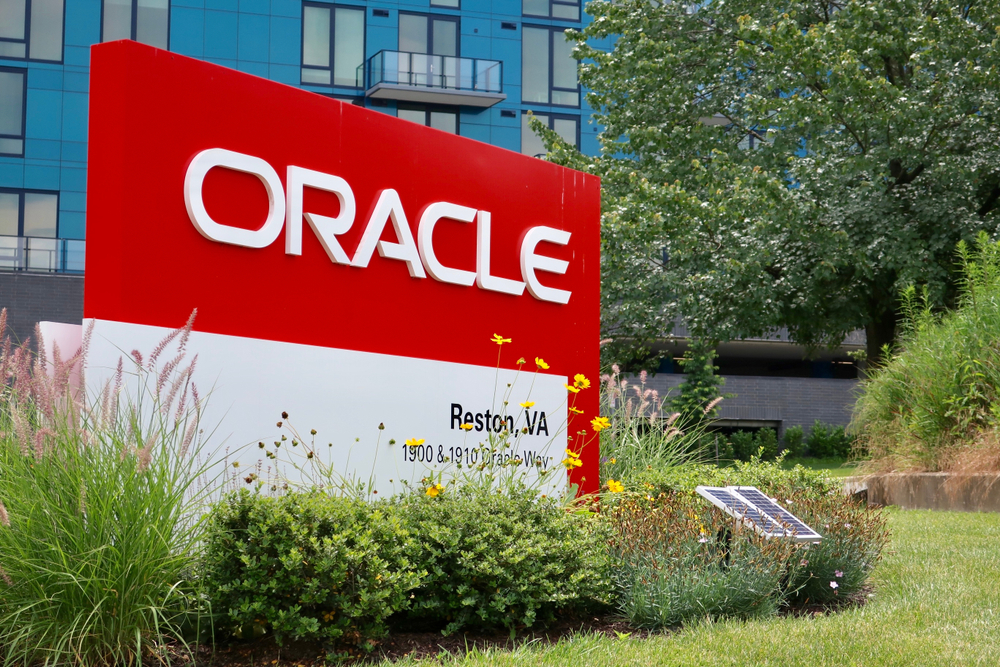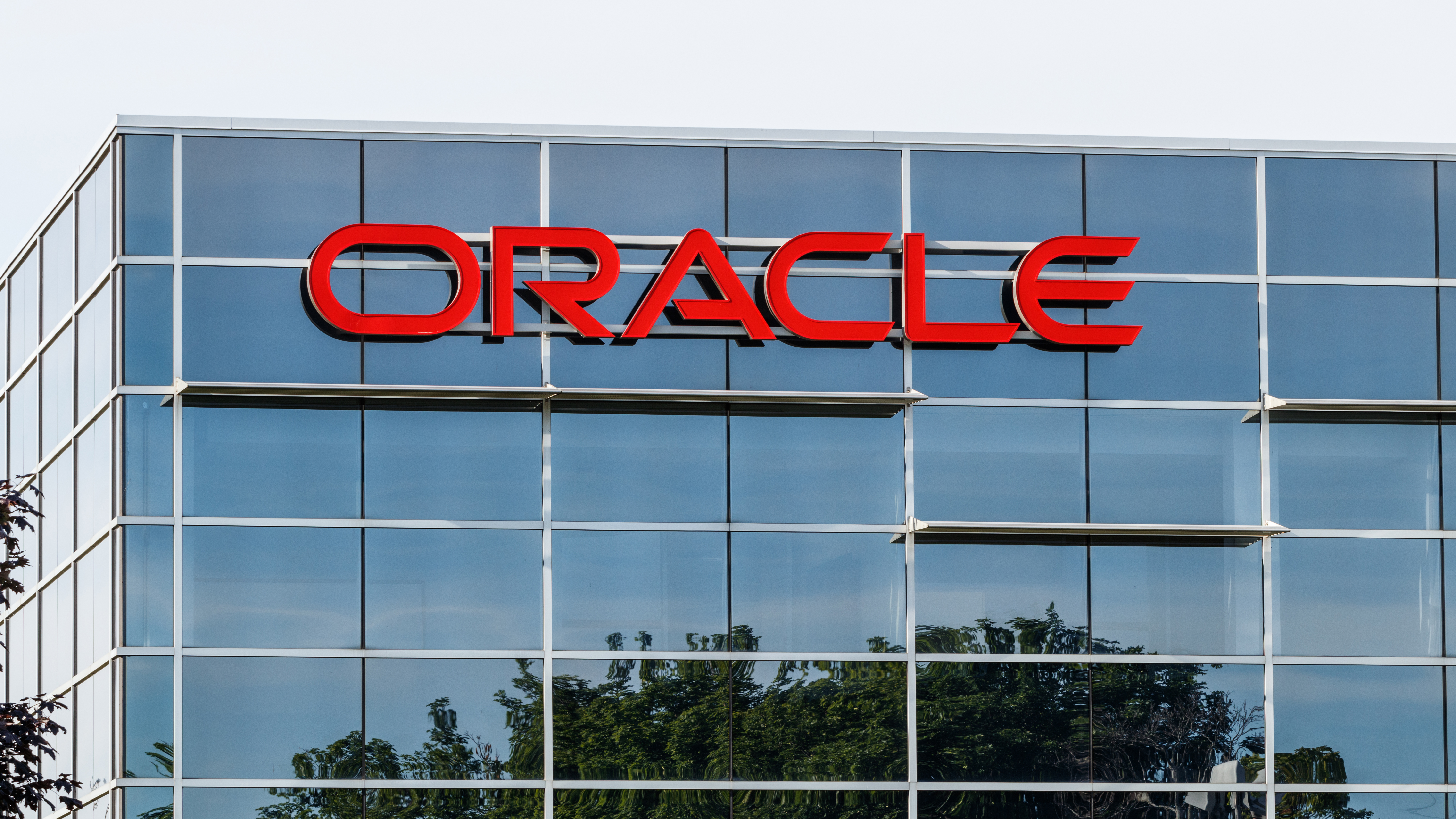Oracle president outlines big data challenge for CIOs
Mark Hurd claims IT departments' storage budgets are feeling the pressure from increasingly demanding customers.

Sign up today and you will receive a free copy of our Future Focus 2025 report - the leading guidance on AI, cybersecurity and other IT challenges as per 700+ senior executives
You are now subscribed
Your newsletter sign-up was successful
Oracle president Mark Hurd has shed some light on the economic challenges CIOs face when trying to make sense of their big data.
Speaking at a press Oracle strategy briefing in central London yesterday afternoon, Hurd said the amount of data organisations generate and store is increasing by 30-40 per cent a year.
Oracle predicts the quantity of data companies stored today will be 20 times larger by 2020, he added.
You're going to see us producing proposals on Infrastructure-as-a-Service this calendar year.
"If that happens, they'll be more data than [there are] solid state disks to house it," said Hurd.
He claimed some Oracle customers are spending $10,000 per terabyte on storing data, and that it is not uncommon for the firm's customers to devote around 10 per cent of their IT budgets to storage.
"[People are storing] more big data...they want access to better information [and this is exerting] tremendous economic pressure," said Hurd.
Sign up today and you will receive a free copy of our Future Focus 2025 report - the leading guidance on AI, cybersecurity and other IT challenges as per 700+ senior executives
Especially as the customer service retailers and government departments provide is constantly being scrutinised by an increasingly demanding group of consumers, he explained.
"Many of our customers are struggling with how to deal with [their] customers...and simultaneously trying to innovate and run austerity plans," said Hurd.
"The new generation is more sophisticated...and that puts tremendous demands on our customers' IT."
Hurd also used the event to flesh out some of the areas his firm is investing the $5 billion it has set aside for research and development this year, including product integration and cloud.
"You're going to see us producing proposals on Infrastructure-as-a-Service this calendar year...the core differentiation [between our cloud and the competition's] is Oracle's IP...we think our apps are the best in the world," said Hurd.
"Strategically, Oracle is working on...[being] best of breed in everything we do...Today, industry analysts [have] Oracle as the leader in 72 discreet categories...We are very confident in our product portfolio. It's very fresh," he concluded.
-
 Organizations shift away from Oracle Java as pricing changes bite
Organizations shift away from Oracle Java as pricing changes biteNews A survey from Azul Systems finds that, along with cost, customers cite a preference for open source and the threat of a Java usage audit
-
 Why Java 17 growth is ‘exploding’
Why Java 17 growth is ‘exploding’News Java 17 is now the most popular LTS version, according to application data from New Relic, but what's driving this growth?
-
 SuiteWorld 2023: NetSuite's day-two announcements
SuiteWorld 2023: NetSuite's day-two announcementsLive Blog Keep up-to-date with all the day-two announcements from NetSuite SuiteWorld 2023
-
 Can Oracle really be Linux's knight in shining armor?
Can Oracle really be Linux's knight in shining armor?Opinion The self-proclaimed champion of open source freedom would like you to forget about its history
-
 Oracle’s Java subscription changes spark concerns over cost hikes for smaller businesses
Oracle’s Java subscription changes spark concerns over cost hikes for smaller businessesNews Smaller businesses could incur significant cost hikes as high as 1,400% with most new customers expected to pay at least double
-
 Oracle to launch 14 new cloud regions over the next year
Oracle to launch 14 new cloud regions over the next yearNews The company wants to support the demand for its customers as it looks to open at least two regions in each country it operates
-
 Windows 11 has problems with Oracle VirtualBox
Windows 11 has problems with Oracle VirtualBoxNews Microsoft confirms compatibility issues as new operating system makes its debut
-
 Oracle plans $1.2 billion campus in Nashville, Tennessee
Oracle plans $1.2 billion campus in Nashville, TennesseeNews The company is building ‘new digital hubs’ to meet demand for its cloud products

